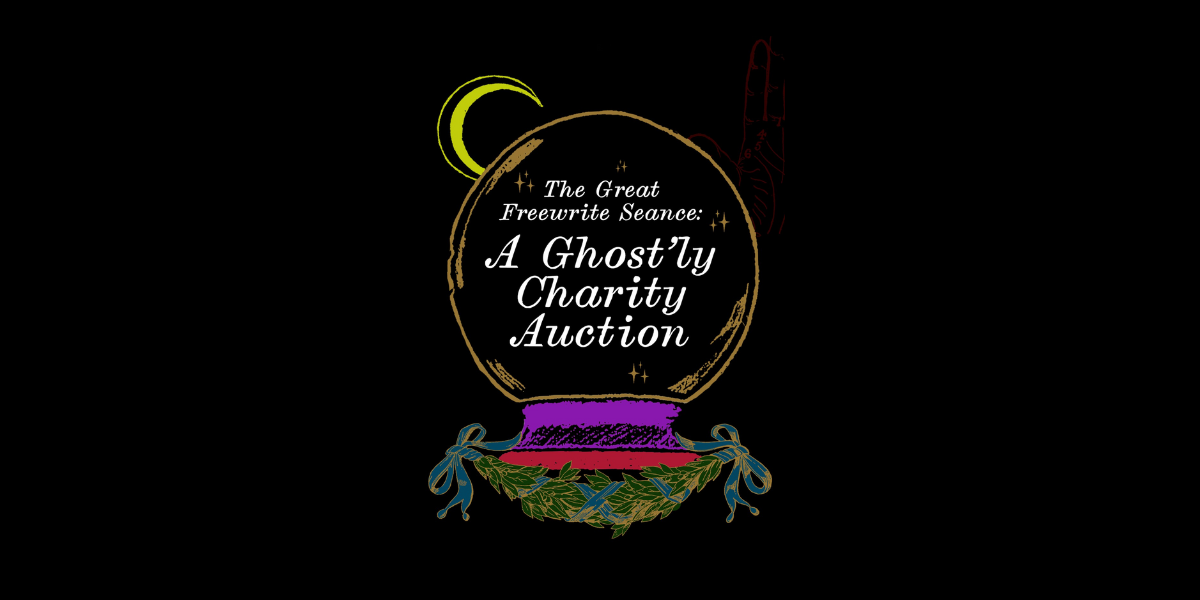Diaries strike a particular note in modern culture: the silent confessor in teen movies as the protagonist hangs off her bed, jotting about her day with a fuzzy pen like in Mean Girls, Lizzie McGuire, Unfabulous.
But diaries are actually an ancient concept.

One of the oldest diary-like books, Diary of Merer, comes from Ancient Egypt and details the personal account of a middle-ranking officer. The Egyptians’ idea of record-keeping revolved around trade, but eventually, we see personal records appear in other parts of the world, such as the pillow book (a book placed under one's head while dreaming) in tenth-century Japan.
During the Renaissance, many notable public figures and artists kept detailed notes and recorded their thoughts, which were later published and formed an important backbone of autobiographical literature.
Diaries provide a fascinating peek into the minds of artists, and we, as writers, can find helpful information about their creative life and processes.
With that in mind, here are seven diaries (in no particular order) that every writer should read.
1. Madly, Deeply: The Diaries of Alan Rickman (Creative Nonfiction)
Famous people’s diaries — and this is a subgenre all its own — can come across as superficial, as if they are making up entries to claim an interesting past. Not with Alan Rickman.
Before he played the German criminal mastermind or the sassy potions master we know and love, he was a graphic designer and creative. But his raw talent pulled him toward acting, and in his diaries from 1993 to 2015, we are thrust into the orbitals of prestigious stages around the world.
His cunning and commitment to the artist’s life is as sharp and emotional as his photo on the cover of the book. On the inside cover, you’ll find interesting visual elements that Rickman frequently played with, given his graphic design background.
2. Jane: A Murder by Maggie Nelson (Memoir in Verse)
In Jane: A Murder, Maggie Nelson uses poems, prose, and diary entries from her Aunt Jane to refract the true complications of grief, loss, and anger — and how they can cast a long shadow on family in true crime fashion.
Nelson’s Aunt Jane was murdered in Michigan in 1969, and the case, though officially unsolved (read The Red Parts: Autobiography of a Trial), was the third in a string of brutal murders that shook the state.
In Jane, Nelson presents the diary as an artifact to expand on and to inject with family history in Jane’s heartbreaking absence.
3. The Diaries by Franz Kafka (Creative Nonfiction)
After combing through Franz Kafka’s novels and short stories, I wanted to excavate the mind that inspired its own adjective, “Kafkaesque.” In Ross Benjamin’s translation of Kafka’s diaries, the fractured nature of the prose is preserved. Kafka would frequently end an entry with a horizontal pen stroke, and Benjamin says he wanted to keep the notes as Kafka wrote them, “giving them much more the appearance of stabs in the dark.”
Kafka’s fragmentation, while it seems incomplete, reveals a great approach to diary writing. Often, I leave myself fragmented notes in my daily life. Writing Dear diary can be a slog, why not just cut to the chase?
Many of Kafka’s killer quotes come from this body of work. Like:
“A book must be an ice ax to break the sea frozen inside of us.”
Kafka’s simplicity also speaks volumes, like the entry that reads simply:
"Too Tired.”
Too tired for a complete sentence, a complete thought, which in itself is poetry.
4. The Pillow Book of Sei Shōnagon (Creative Nonfiction)
Shōnagon was a tenth-century Japanese writer frequently praised as one of the greatest prose writers in Japanese literature and also served in the royal court, giving her a bird’s-eye view of frequent problems in high society.
Shōnagon’s pillow book contains ten years of her personal writings arranged by subject matter, everything from “carriages” to a list of announcements and things that are embarrassing.
One of my favorite sections is called “Things That Fall From The Sky,” which lists snow, hail, and rain, but like an essay, we see brief interjections from the writer recontextualizing through a personal lens:
“When snow begins to melt a little, or when only a small amount has fallen, it enters into all the cracks between the bricks, so that the roof is black in some places, pure white in others—most attractive.”
5. Aug 9—Fog by Kathryn Scanlan (Fiction — sort of)
As outlined in this palm-sized book’s introduction, Kathyrn Scanlan first received the diary that would later inspire this book from a family member who bought it at an estate sale. Scanlan treasured it for a decade, as pages started to detach and the binding crumbled, compulsively reading and rereading the diary, which was written from 1968 to 1972.
In an effort to preserve that voice, Scanlan bent it around a fictional narrative but intentionally kept the original misspellings and numeral inconsistencies throughout the text. Aug 9—Fog emulates weathering from season to season, from year to year. Plus, you can read it in one sitting.
6. Insomniac Dreams: Experiments with Time by Vladimir Nabokov (Creative Nonfiction)
The initial experiment of “serial time” that led Vladimir Nabokov to record his dreams is a little woo-woo, but the results are a fascinating exercise into the subconscious of one of the world’s most famous writers.
Starting on October 14, 1964, and for the next 80 days, Nabokov noted the dreams that woke him up each morning, as soon as his eyes flicked open. He ended up recording 64 dreams penned on 118 index cards.
The editor Gennady Barabtarlo has since notated where you can find similar instances within Nabokov’s fictional works, creating a lattice of inspiration behind his work.
7. Calenday by Lauren Haldeman (Poetry)
In my freshman year of college, I attended a poetry reading by Lauren Haldeman where she read from the Calenday collection and performed a poem paired with a mesmerizing puppet show.
Haldeman created her own portmanteau of “calendar” and “day,” which speaks to the collection’s ability to generate a year within every day in motherhood and creates a dazzling display of the different modes of poetry, with the speaker oscillating between documentarian, poet, and sleep-deprived mother.
Haldeman presents hallucinogenic visions of everyday life through a gossamer of the utmost sincerity.
--
At some point in our lives, we’ve all penned the words Dear diary. I did, often. Being a teacher’s kid did come with privileges, like scoring a diary with a lock and key from the Scholastic Book Fair a whole day before the rest of my classmates.
Though my original diary with a lock and key is long lost, possibly weeks after getting it, as an adult, I’ve transitioned to keeping a journal for the seeds of stories or essays and incomplete poems. Even when I’m not writing — I’m always writing.
Like with any new habit, writing a diary takes practice and time. Just keep in mind that it doesn’t have to be as perfect as you think. Sometimes an incomplete thought perfectly captures your consciousness in that time.
Even when I’m not writing — I’m always writing.






























